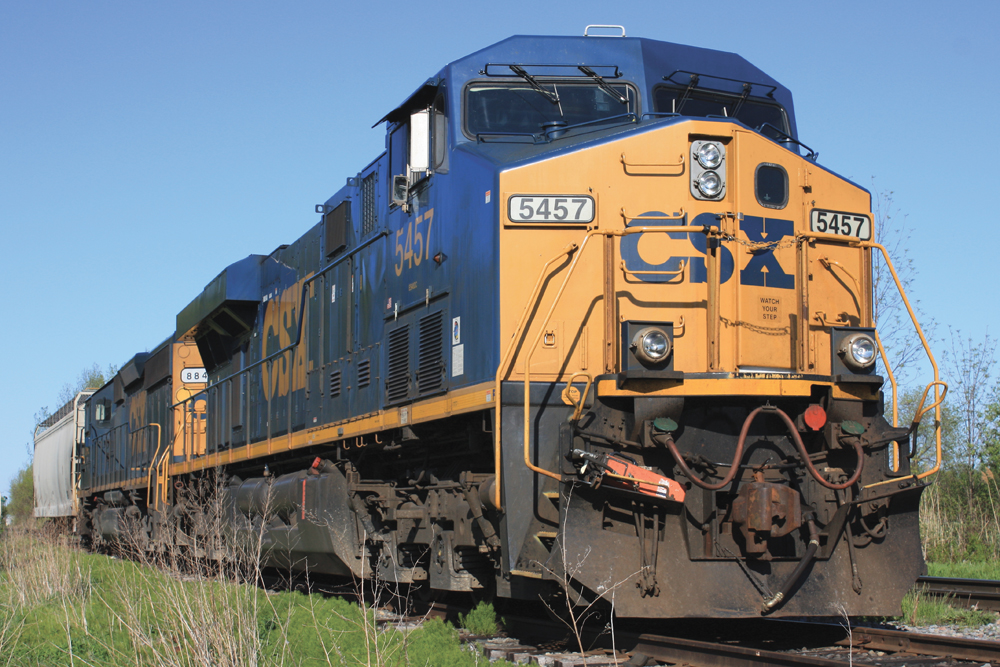The former head of both of Canada’s major railways is embroiled in a wave of customer complaints at his new company, the U.S. railway CSX.
CEO Hunter Harrison was appointed to the position this past March, and he quickly implemented an overhaul that now has customers complaining.
Major U.S. shippers such as Cargill have been calling for improved service, greater accountability and fewer delays. Key complaints include longer transit times, unreliable switching operations, inefficient car routings and poor communications with CSX customer service.
Read Also

Tie vote derails canola tariff compensation resolution at MCGA
Manitoba Canola Growers Association members were split on whether to push Ottawa for compensation for losses due to Chinese tariffs.
Harrison defended his strategy of “precision scheduled railroading” at a hearing at the U.S. Surface Transportation Board (STB) in Washington recently.
The session marked the first public forum for shippers and trade groups to air grievances and give Harrison the chance to defend his strategy. The STB has been reviewing the railroad’s performance weekly and acting as intermediary between CSX and disgruntled customers.
Since he took over, Harrison closed CSX rail yards, lengthened trains, mothballed locomotives and slashed overtime pay and hundreds of jobs. He also changed the way rail cars are sorted in yards and replaced “unit” trains carrying a single commodity like coal or grain with trains carrying diverse freight.
He apologized to shippers for service disruptions, which he blamed on derailments and internal mistakes, including closing too many yards.
Speaking after Harrison, Cargill vice-president Brad Hildebrand asked the STB to publish minutes of its weekly calls with CSX management and asked CSX to return resources to its network.
“In a nutshell, (precision scheduled railroading) means having to do with less,” he told the regulators.
While some customers have noted improvements, others said CSX’s disruptions continue to create costly logistical headaches for companies from the chemical and agricultural sectors to the automotive industry and steel producers.
Their supply chains, plants and distribution channels rely on CSX’s rail network across the eastern United States.
Harrison said his strategy was critical to his previous turnarounds of two Canadian railroads — Canadian Pacific Railway and Canadian National Railway — and said, the “best is right around the corner.”
“We’ve made some mistakes. This is not a failure of precision scheduled railroading,” he said.
Harrison told the STB his turnaround plan has been implemented across CSX’s system but requires “fine-tuning.” He hinted at more possible layoffs and other yard changes.
Chemours Company asked the STB to require a “flight plan” from CSX outlining future system changes and how they will affect shippers.
In what could be a distant threat to CSX’s revenues, Chemours and trade groups renewed their calls for changes to federal regulations to allow shippers served by CSX to gain greater access to other operators.
Two trade groups asked the STB to require a service recovery plan from CSX with granular performance data and penalty-enforced deadlines.
Dow Chemical Co.’s supply chain vice-president Greg Jozwiak urged the STB to improve rules to expedite relief during disruptions.
“The reality is the procedures take too long,” Jozwiak said. “We need a service remedy counted in days, not weeks or months.”















